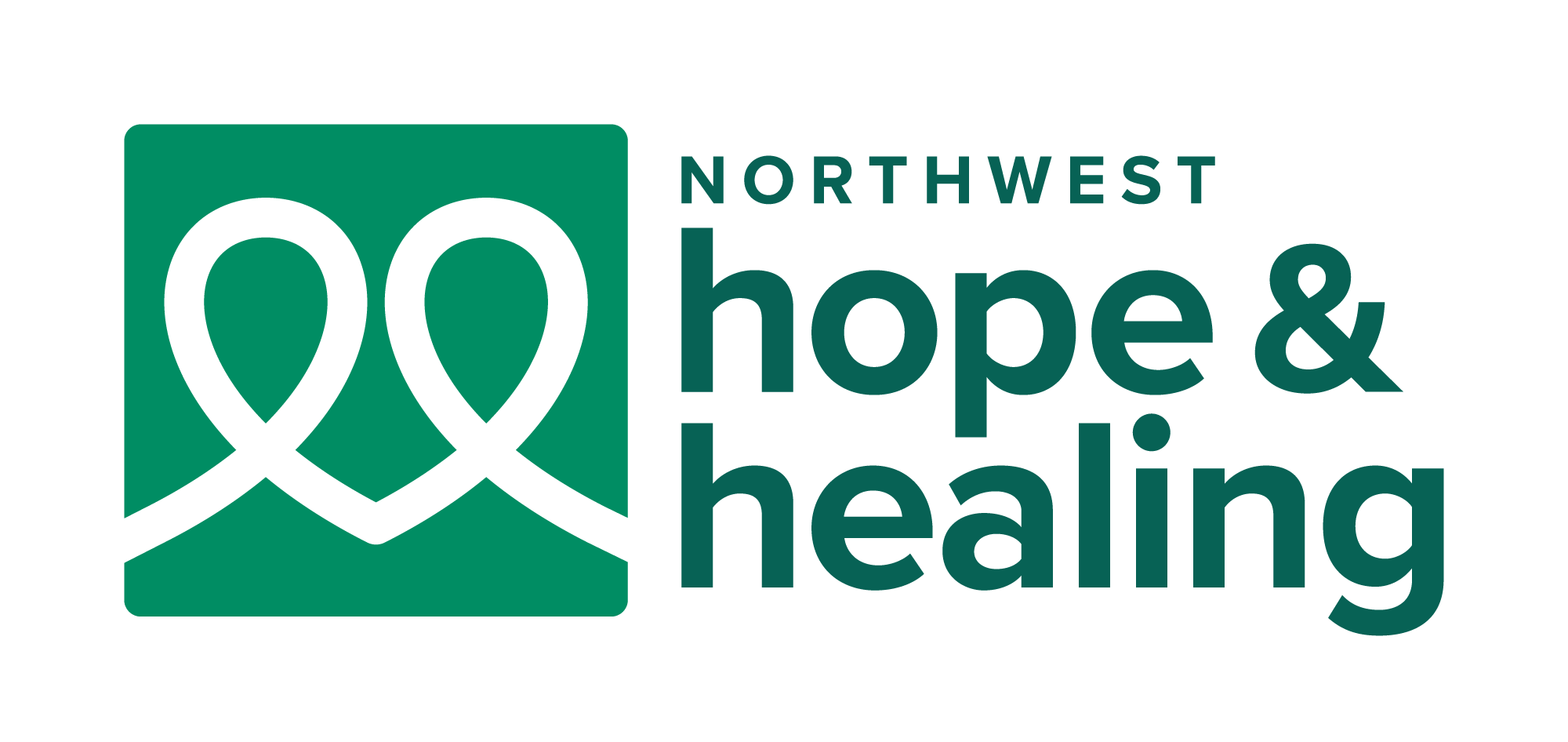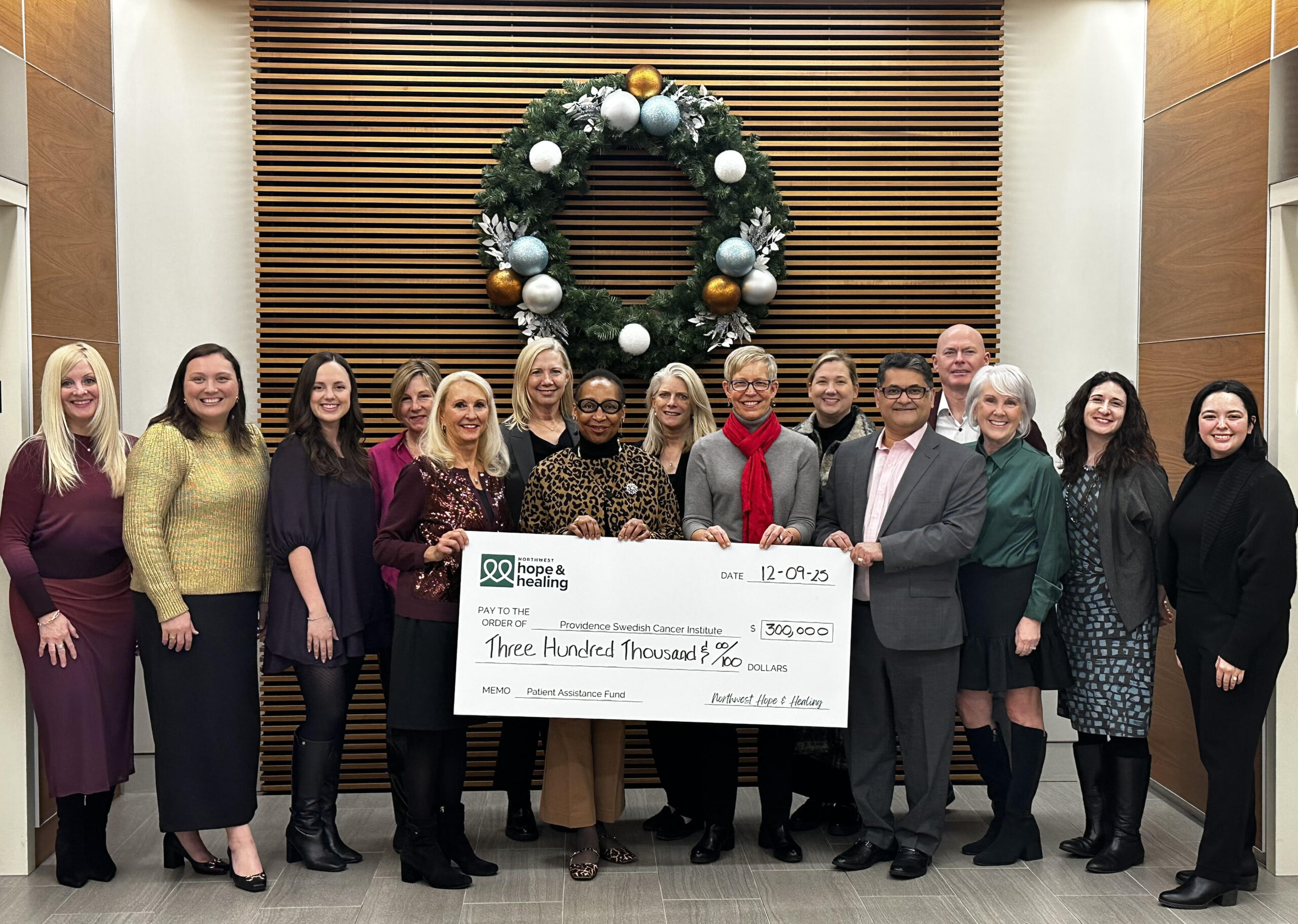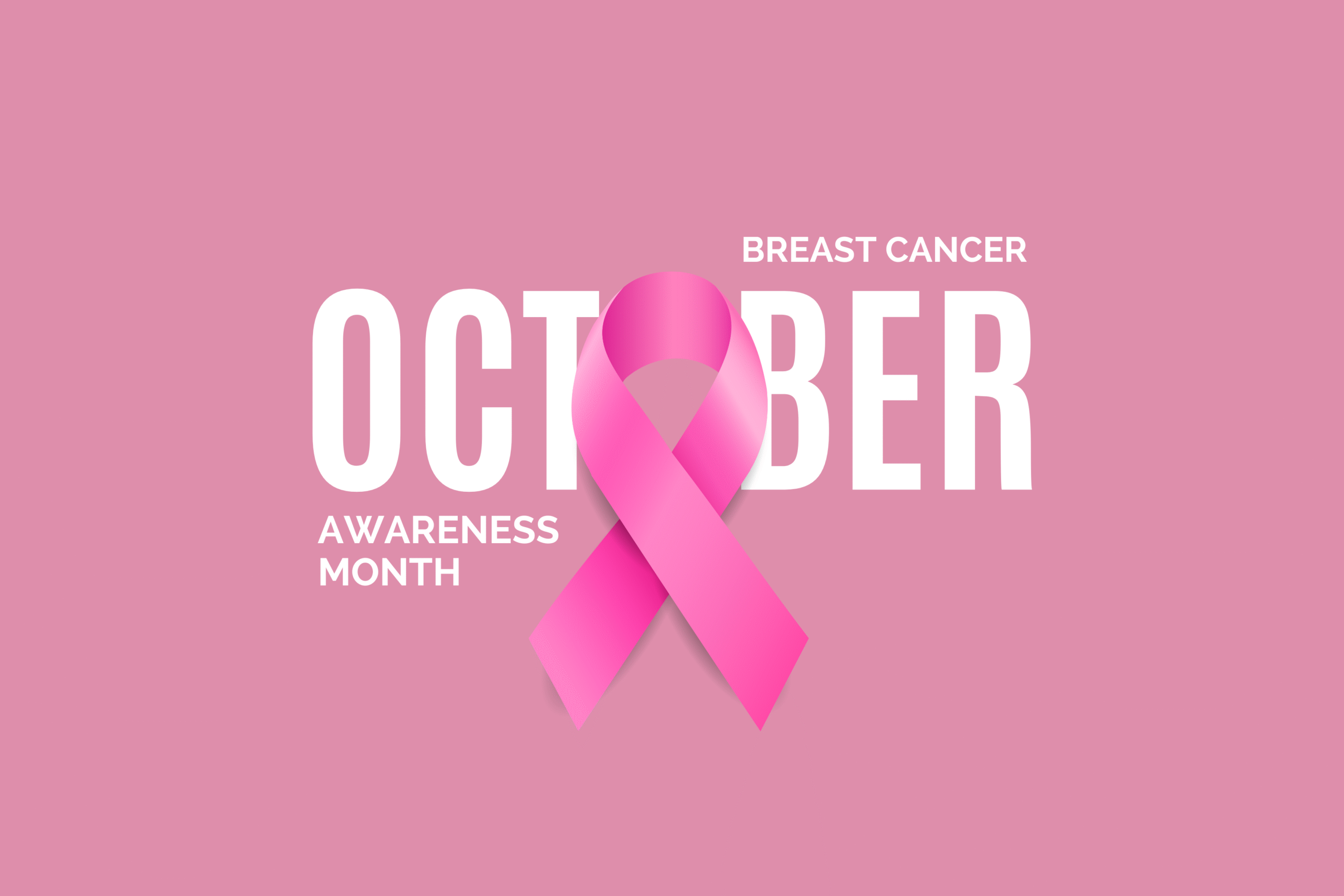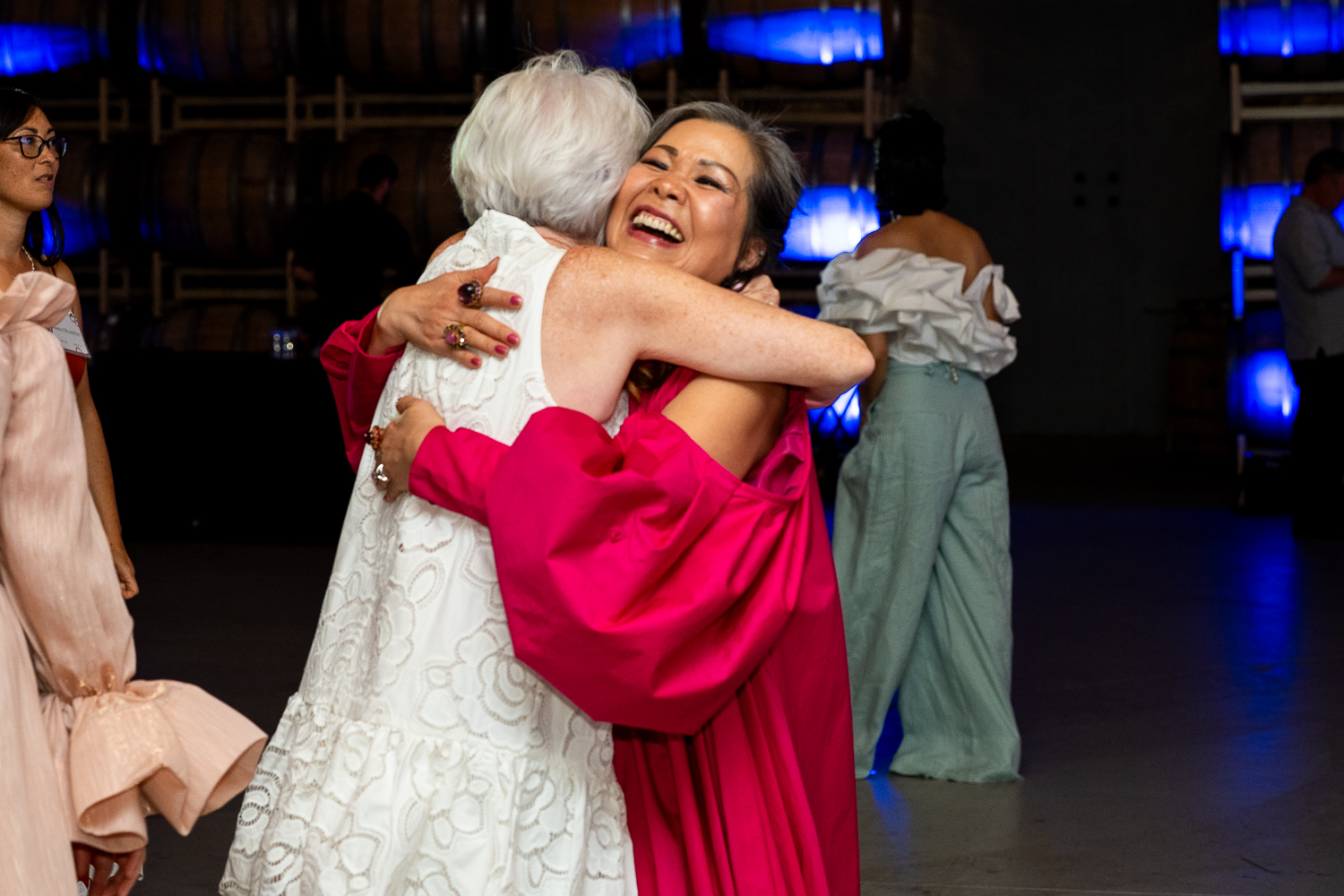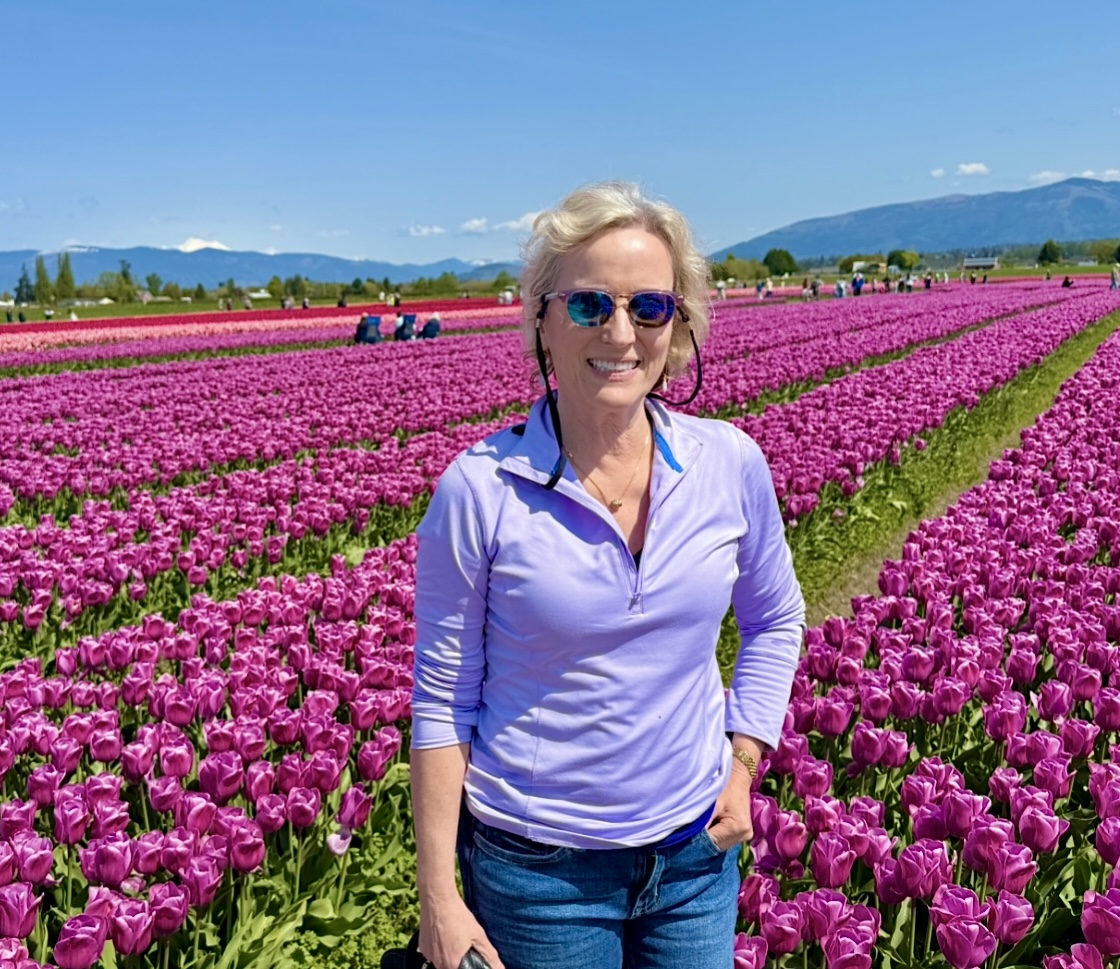
World Ovarian Cancer Day: A Message From a Survivor
May 8th is World Ovarian Cancer Day
My name is Tammy Evans, and I am an ovarian cancer survivor and thriver.
What Do I Need to Know About Ovarian Cancer?
- Ovarian cancer has the highest mortality rate of any gynecologic cancer.
- 1 in 78 women will develop ovarian cancer.
- If you have ovaries, you could be at risk for ovarian cancer, even young women in their 20s.
- There is currently NO reliable screen for ovarian cancer.
- PAP smears only screen for cervical cancer.
Common Symptoms of Ovarian Cancer:
Be aware of symptoms and any changes in your body, especially if symptoms last more than 2-3 weeks, or become progressive.
- Bloating
- Loss of appetite
- Feeling full after a few bites of food
- Fatigue
- Changes in bowel or bladder habits
- Lower back pain
- Unexplained weight loss
- Pain in abdomen or pelvis
What else should I be aware of?
Ask yourself: Do I have a history of cancer in my family?
- Genetic mutations increase the risk of cancer—discuss with your physician about genetic testing.
- Your doctor may order a transvaginal ultrasound and CA-125 biomarker testing, depending on your risk factors.
Why Awareness Matters
As a clinical Registered Dental Hygienist, I did not realize the subtle symptoms I personally experienced was ovarian cancer. It has been reported that two-thirds of women had not heard of ovarian cancer, or knew anything about it.
My symptoms progressed until one day, I pressed down on my abdomen and felt a hard mass. I panicked and called my physician. As is typical, my ovarian cancer was already late-stage when diagnosed.
Less than half of women diagnosed with metastatic ovarian cancer will survive beyond five years.
Since my diagnosis in late 2016, I’ve experienced five recurrences. I’ve endured surgeries, chemotherapy, radiation, immunotherapy, oral chemotherapy, countless scans, blood labs as well as palliative care for side effects from ongoing oncology treatment.
Being diagnosed with late-stage cancer is physically and mentally debilitating. Support provided me the strength, extra courage, and perseverance to keep going—even through the harshest treatments.
For most of us, a cancer diagnosis is the most challenging time of our lives. It’s hard to ask for help, but believe me, compassion from others pushes us to keep thriving and surviving.
Organizations like Northwest Hope & Healing lessen the emotional and financial burden for women facing cancer. I am grateful and fully support everything Northwest Hope & Healing offers and provides for women diagnosed with cancer.
While there’s no guaranteed way to prevent ovarian cancer, we can lower our risk.
- Know the symptoms—do not ignore subtle changes in your body.
- Don’t hesitate to talk to your doctor—especially if you have a family history of cancer.
- Advocate for research funding—we need a reliable screen and more treatment options.
- Share this message—awareness saves lives!
I am grateful for each day since my diagnosis. It’s a miracle I’m still alive.
Together, we can change the future of ovarian cancer.
To learn more about ovarian cancer visit:
worldovariancancercoalition.org
ovarian.org

